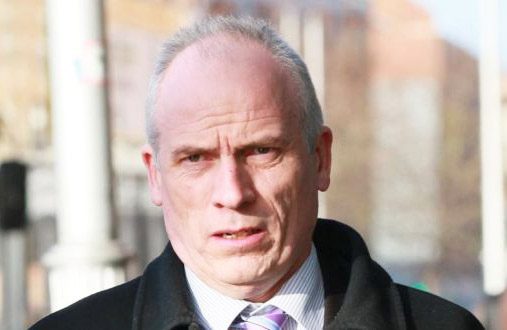
THE lead investigator into the illegal use of CCTV surveillance by Limerick City and County Council has described the local authority’s monitoring of its own citizens as “quite shocking”.
According to a report in today’s Irish Examiner, Tony Delaney, a deputy commissioner and head of regulatory activity with the Data Protection Commission (DPC), said that from the very start of his investigation of local authorities in 2018, it was clear that Limerick “stood out as an outlier” given the extent to which it applied modern technology to monitor its own citizens.
He said he was “troubled to say the least” that even during the DPC’s three-year investigation of the authority, it continued to roll out even more unauthorised CCTV systems, including on Traveller halting sites.
The council was fined €110,000, given an official reprimand, and ordered to bring its data processing in terms of its CCTV systems into line with the GDPR.
However, it is the GDPR requirements that are likely to trouble the council most. It has between 90 and 120 days from the date of the decision to find a legal basis for the surveillance it has been carrying out, or else must turn off 357 of the 401 cameras it currently has in place.
Mr Delaney thinks fixing the issues is unlikely because the only way out for the council is through the Garda Commissioner.
Under Irish law, surveillance systems, the like of which Limerick was using, can only be installed by Gardaí with proper authorisation, or by local authorities as part of a Garda-approved community-based scheme.
“The only provision they can rely on is in the 2005 Garda Act for community schemes,” Mr Delaney said.
“They can run back to the Commissioner to save them in some ways, and if he gives authorisation for every single camera. But that’s a very big ask, and a bigger ask to get done in the 120 days they have.”
Fundamentally the council’s problem was one of ignoring formalities, said Mr Delaney.
“If Gardaí are investigating a crime and they come to a business for CCTV, there’s paperwork required, and it has to be signed off by a superior officer,” he said.
“There was none of that in Limerick. There has to be formality. This totally lacked formality.”









